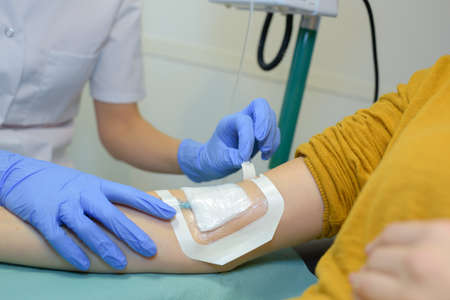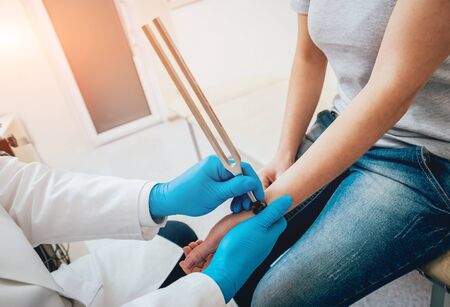PRP vs Mesotherapy: Which Hair Loss Treatment is Better for British Men?
Introduction to Male Hair Loss in the UKHair loss is a common concern for men across the United Kingdom, affecting individuals from all walks of life. In fact, studies suggest that approximately two-thirds of British men will experience some degree of hair thinning or balding by the age of 35. This prevalence makes hair loss…






